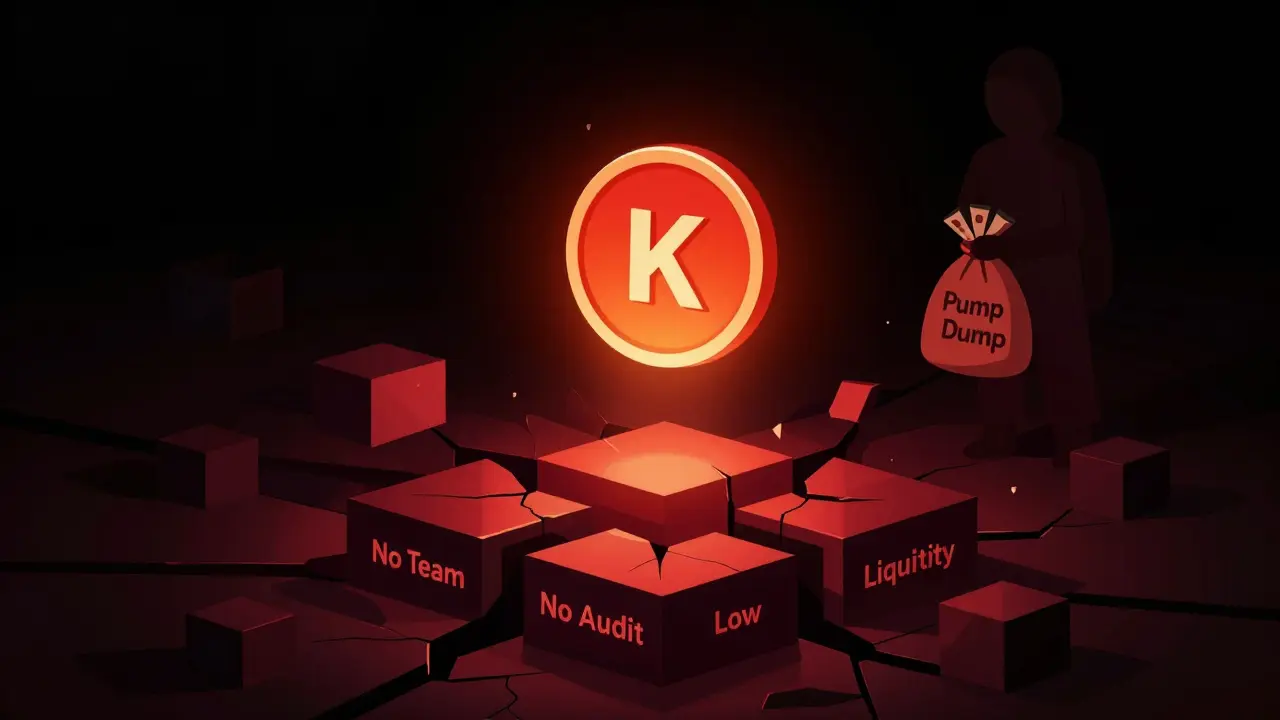Crypto Scam: How to Identify and Avoid the Most Common Traps
When navigating the world of crypto scam, any deceitful scheme that targets cryptocurrency users, from fake wallets to fraudulent token sales, also known as cryptocurrency fraud, you need a clear picture of how these tricks work. A crypto scam can drain your wallet in minutes, but understanding its building blocks helps you stay one step ahead.
One of the biggest sub‑categories is phishing, the practice of sending fake emails or messages that mimic legitimate services to steal login credentials or private keys. Phishing attacks often piggyback on trending news or popular airdrops, making them feel urgent. Another frequent culprit is a fake exchange, an unlicensed platform that pretends to be a trusted trading venue but vanishes with user funds. These sites bypass proper licensing, which is why regulatory compliance is a strong indicator of legitimacy. Finally, airdrop scam, offers free tokens in exchange for personal data or a small payment, then disappears after collecting the information—a classic bait‑and‑switch that preys on excitement.
Common Types of Crypto Scams and Why They Matter
The ecosystem is filled with scams that overlap, but a few patterns dominate. First, phishing exploits trust in official communications; a well‑crafted email can look exactly like a Binance notification, prompting you to click a malicious link. Second, fake exchanges often copy design elements from legit platforms, yet they lack the required money‑transmitter licenses that protect users. Third, airdrop scams ride on hype around new tokens, promising high returns for a simple sign‑up. Understanding these patterns creates a mental checklist: verify the sender, check licensing status, and never share private keys.
Regulatory frameworks such as the US BitLicense or the EU MiCA passport set clear rules for who can operate an exchange. When a platform is licensed, it must meet security standards, keep reserves, and undergo audits—attributes missing in most scam sites. Similarly, security tools like hardware wallets and two‑factor authentication add layers that phishing attempts often try to bypass. By linking licensing, security practices, and user education, you build a robust defense against the most common fraud vectors.
Below, you’ll find a curated list of articles that dive deeper into each area: step‑by‑step licensing guides, detailed reviews of suspicious exchanges, real‑world phishing case studies, and how to spot a fake airdrop. Use these resources to sharpen your radar and protect your crypto assets before you ever click a link or deposit a coin.

Kalata Protocol Crypto Review: Is KALA a Safe DeFi Investment or a High-Risk Scam?
Jan 30, 2026, Posted by Ronan Caverly
Kalata Protocol (KALA) is not a crypto exchange but a high-risk DeFi protocol with no team, no audits, and dangerously low liquidity. Learn why experts warn against it and what safer alternatives exist.
MORE
BITEJIU Crypto Exchange Review: Is It Legit or a Scam?
Jan 2, 2025, Posted by Ronan Caverly
A thorough review of BITEJIU crypto exchange reveals no licensing, audits, or transparent fees, flagging it as high‑risk. Compare it with reputable platforms and learn safety steps.
MORESEARCH HERE
Categories
TAGS
- decentralized exchange
- crypto exchange
- crypto exchange review
- crypto coin
- crypto airdrop
- cryptocurrency
- CoinMarketCap airdrop
- smart contracts
- tokenomics
- DeFi
- cryptocurrency exchange safety
- crypto airdrop 2025
- cryptocurrency airdrop
- cryptocurrency exchange
- MiCA
- crypto airdrop guide
- blockchain token distribution
- Portugal crypto tax
- crypto scam
- crypto exchange scam
